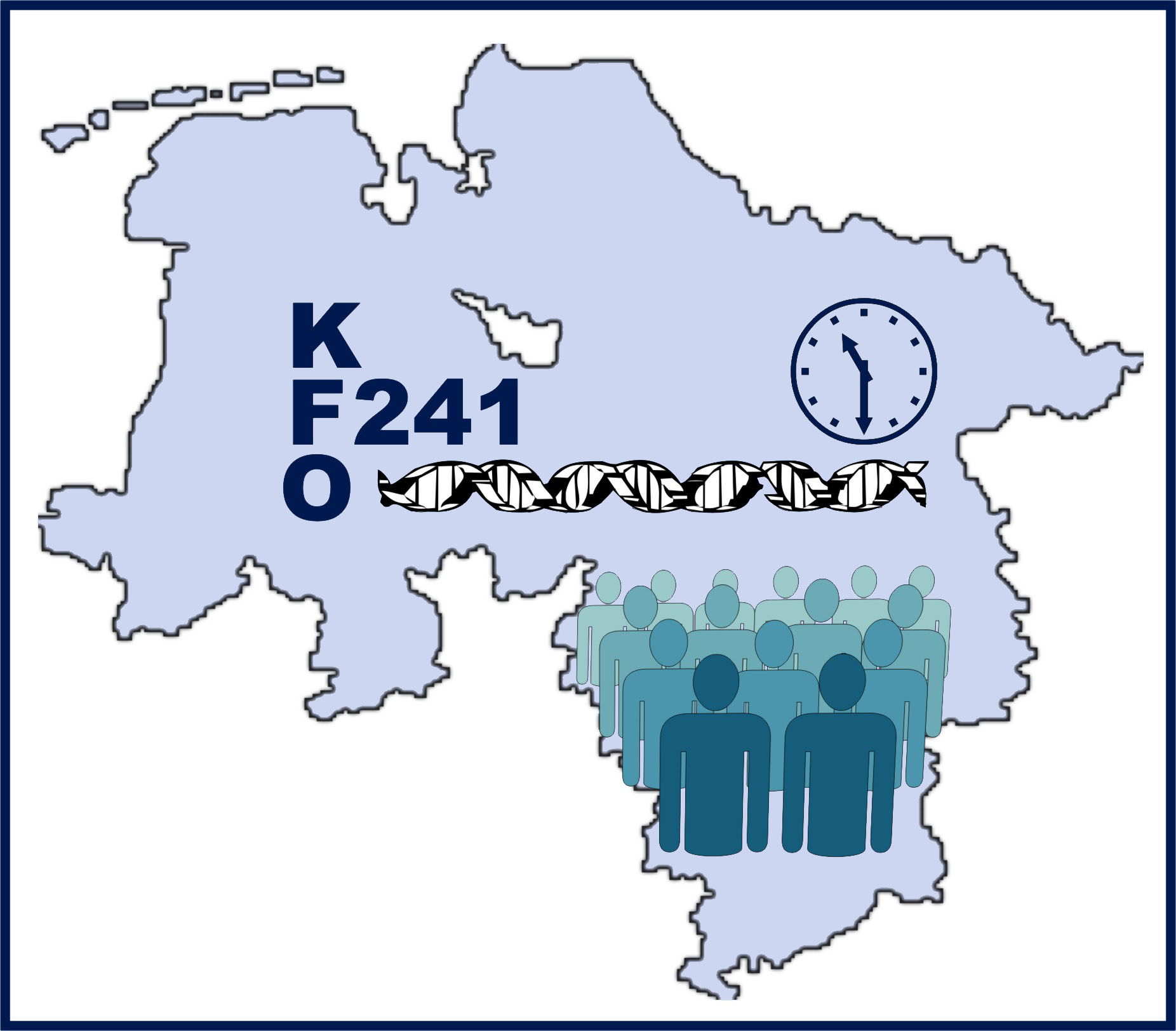Phenomics |
So far, psychiatric genetic studies including genome-wide association studies (GWAS) have mainly focused on categorical diagnoses such as schizophrenia or bipolar disorder for phenotype definitions. While the use of diagnostic systems such as DSM-IV has increased the diagnostic reliability, categorical diagnoses are artificial constructs. The psychiatric genetic community has thus embraced the idea of thorough genotype-phenotype studies. The hope focuses on phenotypic dissection helping to decrease phenotypic and hence genotypic heterogeneity; this will allow the delineation of characteristic genotype-phenotype signatures. Thorough genotype-phenotype studies might also deliver clues in dissecting the phenotypic and genotypic overlap between schizophrenia and bipolar disorder. Subphenotype approaches have proven successful in the genetics of breast cancer and non-syndromal deafness. Reverse phenotyping hopefully will demonstrate that the association between G72 and bipolar disorder in a large German and Polish sample was driven by an association with the subphenotype "history of persecutory delusions". Reverse phenotyping has now also been successfully applied to research in non-mental illnesses. Applying phenotypic dissection approaches such as reverse phenotyping to the longitudinal course of psychotic illness might be another fruitful, so far largely untraveled road in psychiatric genetics. To fully understand the phenomic expression of genetic liability to disease, phenomic studies should include the study of endophenotypes, comprising neurophysiological, biochemical, endocrine, neuroanatomical, cognitive, or neuropsychological measurements. The joint consideration of endophenotypes and genetic factors holds great promise in understanding the actual mechanisms leading from genetic variation to phenotypic expression.

